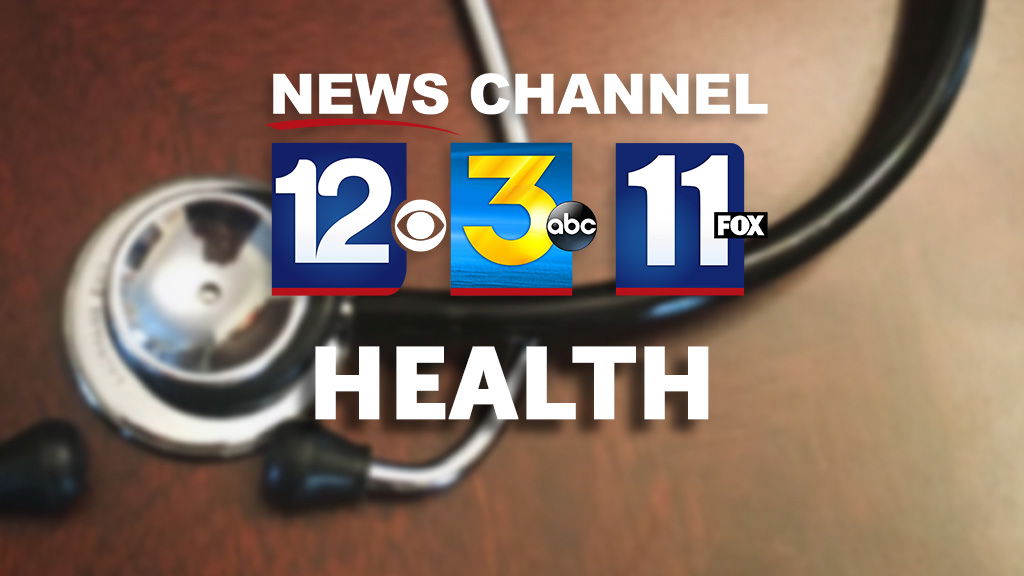‘Surprise’ hospital bills after childbirth are common, study says, but here’s what to do

By Sandee LaMotte, CNN
Almost one in five new parents got an unexpected charge averaging $744 on their hospital bill following childbirth, a new study finds. For one-third of those unlucky folks, the surprise bill was more than $2,000.
This is on top of the average $4,500 out-of-pocket spending each woman spends on maternal care during the “12 months before to 3 months after delivery,” wrote lead author Dr. Kao-Ping Chua, an assistant professor of pediatrics at the University of Michigan, in the study published Friday in JAMA Health Forum.
Pregnant women are often subjected to tests and exams that may cost extra, depending on their age and health care plan. Fetal DNA testing — which is often not covered and can run around $2,000 — checks for genetic defects; so does chorionic villus sampling and amniocentesis. Frequent blood and glucose screenings to stay on top of infections and gestational diabetes, and ultrasounds monitor the baby’s progression. All can be pricey.
Out-of-network costs
The study analyzed 2019 medical bills of over 95,000 families with in-network coverage. For deliveries with and without cesarean section, the study found the highest share of surprise bills was for anesthesia for vaginal birth.
For babies who needed to be hospitalized, the highest share of surprise bills occurred from neonatal intensive care.
“The high frequency of out-of-network care in our study, coupled with the fact that childbirth is the most common reason for hospitalization, suggests that childbirth hospitalizations are currently one of the most frequent sources of surprise bills in the US,” Chua wrote.
The Biden administration announced a new rule Thursday aimed at tackling surprise medical bills from out-of-network providers. It’s a first step in implementing the No Surprises Act, passed by Congress in December and signed into law by former President Donald Trump.
Slated to begin in January 2022, the rule limits bills to in-network charges in cases where people have no choice over using an out-of-network provider. It covers air ambulances, but will not address out-of-network ground ambulance services. Additional actions by the Biden administration are expected in the future.
How to protect yourself
The American Hospital Association and insurance companies have put together a consumer guide for avoiding surprise hospital bills for any emergency or medical treatment.
The most protection comes when you can schedule your medical care in advance, and have time to do your homework. Suggested questions to ask of both your health care provider and insurance company include:
- Is the specialist doing my procedure in my network?
- Will there be specialists at my procedure that are not in my network? Start by asking your doctor, then the insurance company or hospital.
- Where will my procedure take place? Is it too in my network?
- If it’s been a while since you asked these questions, check back. Health care professionals frequently change insurance networks, thus taking them out of your plan.
Remember, the guide says, “When the amount paid by your health plan to an out-of-network provider is less than the provider’s bill, the provider might bill you for the difference.”
It’s harder to handle emergency services. Ambulance companies can be told to reroute to a different hospital due to overload, for example. Still, you can do your best to ask to be taken to hospitals in your network and have your family do the same. Steps you can take in advance include:
- Call your insurance company to find out which hospitals are in-network, then call the hospitals to double-check.
- Some hospitals outsource their emergency room teams, which means that service could be out-of-network. Ask and double-check.
“Taking these steps may be especially important if you have children, someone with a serious medical condition, or an elderly family member living in your home,” the guide says.
The-CNN-Wire
™ & © 2021 Cable News Network, Inc., a WarnerMedia Company. All rights reserved.
CNN’s Tami Luhby contributed to this report.
